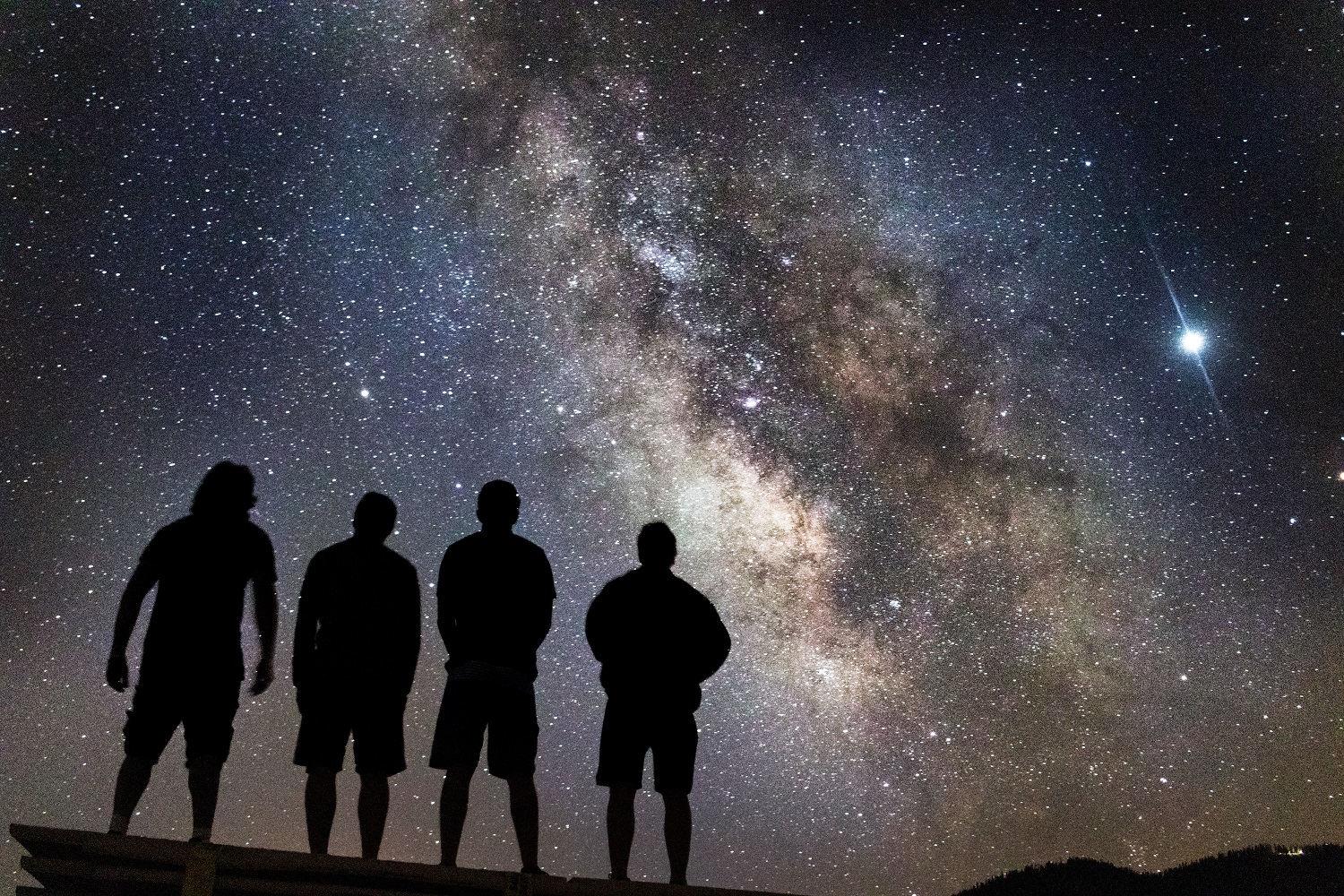The global debate about human rights—taking place in venues from the halls of the United Nations to the street corners of impoverished communities—has brought to the fore many conflicting value systems and worldviews. Individualism vs. communalism. Modernity vs. tradition. East vs. West. North vs. South. Economic and social rights such as the right to employment and decent housing vs. the civil and political rights to free speech and expression.
In the end, however, all concepts of human rights—including those that do not necessarily use the language of “human rights”—have their basis in some understanding of human dignity. In other words, people merit decent treatment because they possess human dignity, some kind of inherent worth that is theirs by the simple fact of being human.
In some traditions, this dignity derives from God, in whose image humanity was created. In other traditions, the unique capacity to think and reason is said to be the source of human dignity. More and more, however, the idea of human dignity as the basis for rights and prerogatives over nonhuman nature is being supplanted by the idea of special human responsibilities—to exercise responsible stewardship in nature and to treat all life with respect.
How does Buddhism understand human dignity? From where does it spring? What supports and sustains it?

An Incalculable Value
The starting point for Buddhism is the value and sanctity of life. For example, in one letter to a follower, Nichiren states that the value of a single day of life exceeds all other treasures. Buddhism further takes the profound view that the life of the individual is inseparable from the vast universe itself.
From the Buddhist perspective, given the mind-boggling number of life-forms that fill the universe, human life is a rare privilege with special responsibilities. As Nichiren, referring to a passage from the Nirvana Sutra, states: “It is rare to be born a human being. The number of those endowed with human life is as small as the amount of earth one can place on a fingernail.”
What makes human life unique is the scale of our choice, the degree to which we are free to choose to act for good or evil, to help or to harm.
A recent book on the challenges of aging introduces the story of a young woman, married and with young children, who found herself suddenly in the position of having to care for her mother-in-law, bedridden following a stroke. At first the young woman could not understand why this had happened to her, why her already demanding life should be further burdened in this way. Through her Buddhist practice she was able to realize that she could, depending on how she chose to approach this situation, make of it an opportunity to create value. She was able to transform her initial feelings of resentment toward the older woman into a sense of appreciation.

Ultimately, the Buddhist understanding of human dignity is rooted in the idea that we are able to choose the path of self-perfection.
Ultimately, the Buddhist understanding of human dignity is rooted in the idea that we are able to choose the path of self-perfection. We can, in other words, consistently make those difficult choices for creativity, growth and development. This state of self-perfection—a condition of fully developed courage, wisdom and compassion—is described as Buddhahood or enlightenment. The idea that all people—all life, in fact—have this potential is expressed by the concept, stressed particularly in the Mahayana tradition, that all living beings possess Buddha nature.
In concrete, practical terms, this comes down to the idea that everyone has a mission—a unique role that only she or he can play, a unique perspective to offer, a unique contribution to make. As Daisaku Ikeda recently wrote in a book for high school students, “The fact that we have been born into this world means that we each have a unique purpose to fulfill. If we didn’t, we would not have been born. Nothing in the universe is without value. Everything has meaning.”
The older woman in the story likewise sought to find a way to use her severely limited capacities to contribute to the well-being of the household. Since she still had use of her hands, she took up knitting—partly as a form of therapy, partly to make useful things for the family. She also enjoyed keeping watch over the home when the others were away.
From the Buddhist perspective, we always have the option of choosing to create value from even the most difficult situation. Through such choices we can fulfill our unique purpose and mission in life, and in this way give fullest expression to the inherent treasure of our human dignity. There is perhaps no more solid foundation for human rights than a widespread awakening to the human dignity that resides in every one of us.
Courtesy July 2000 issue of the SGI Quarterly.
Source from Soka Global








